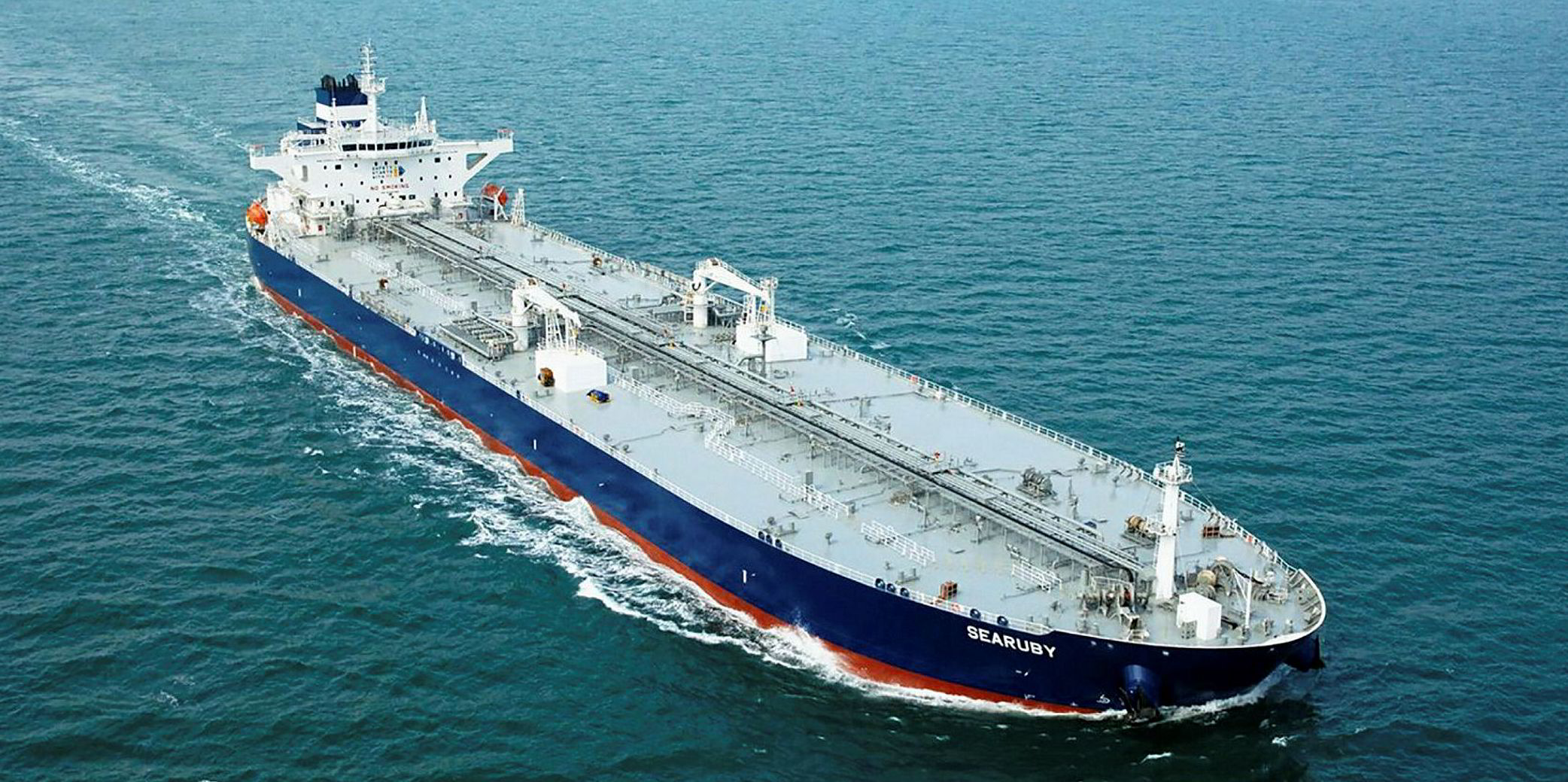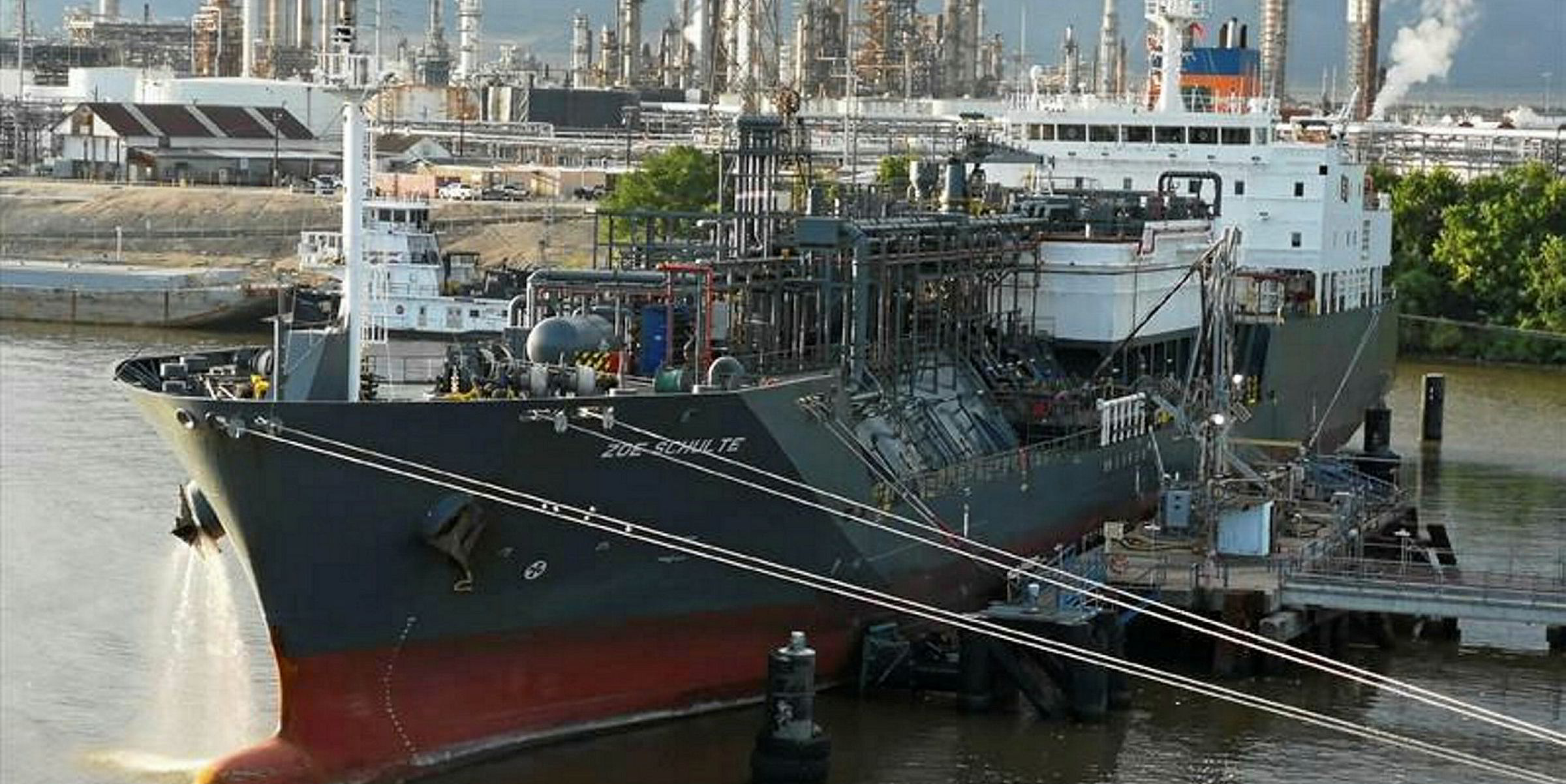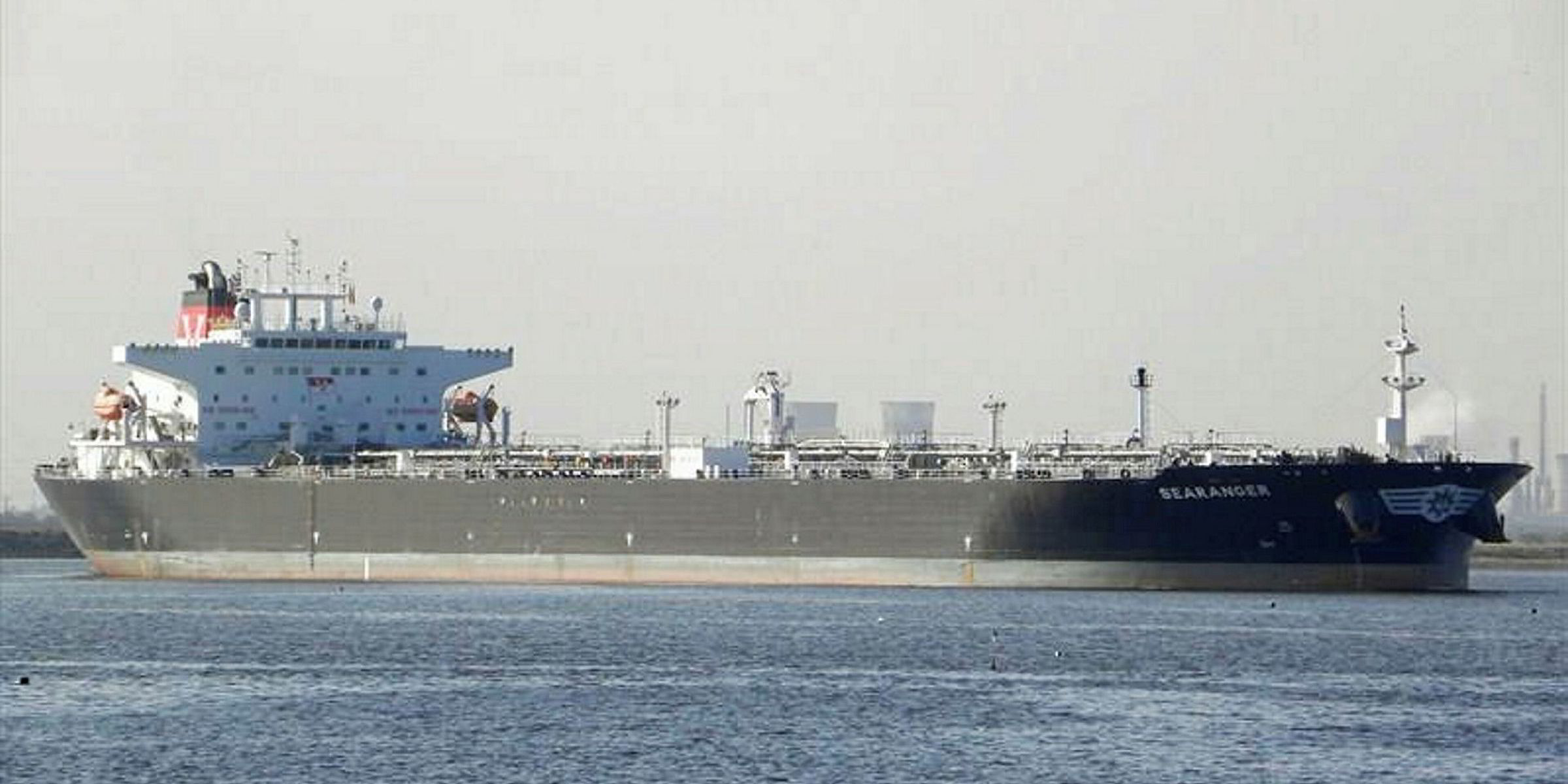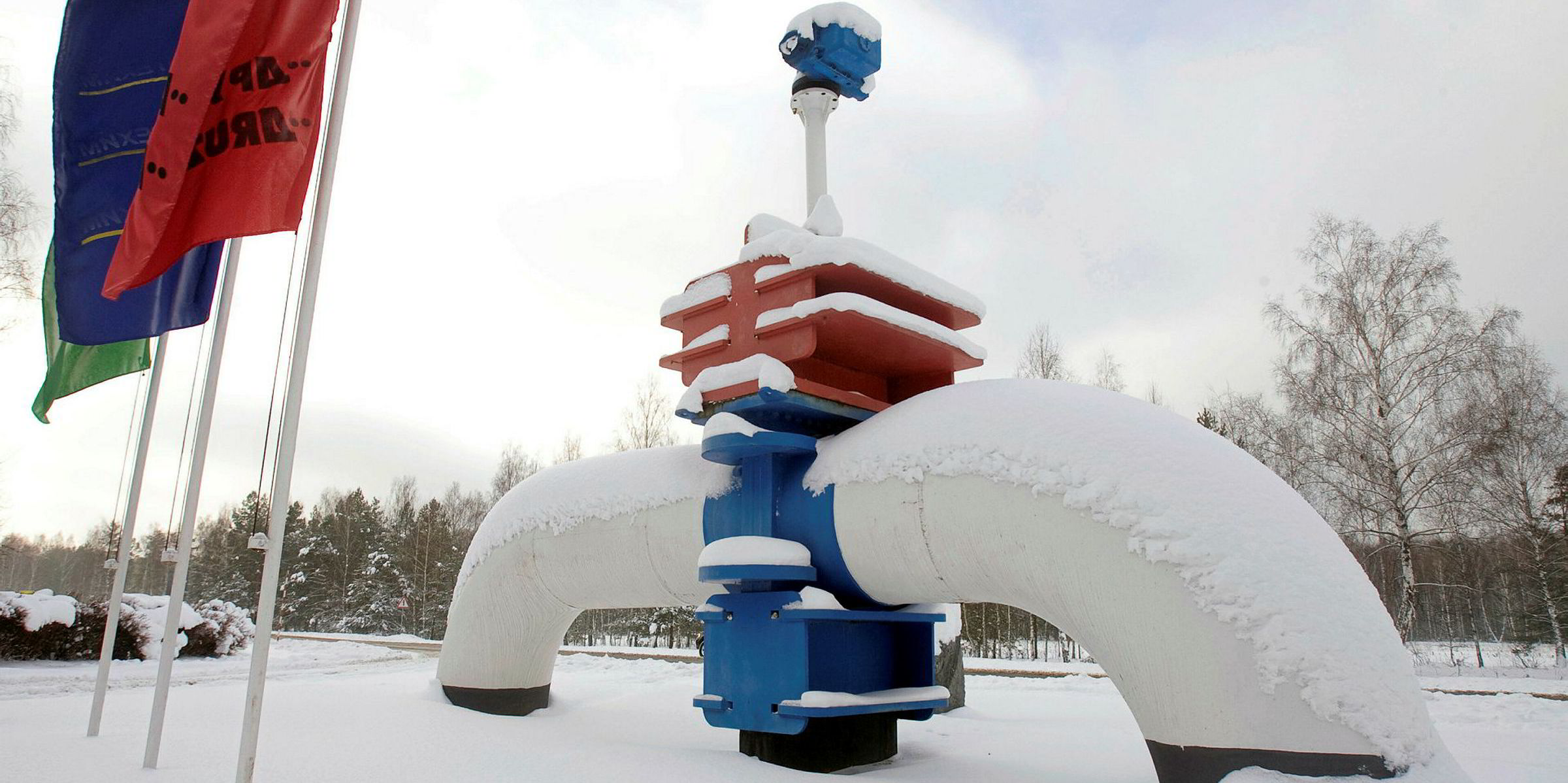A laden aframax has been awaiting news of its fate for more than a month, while two oil traders contest the 100,000 tonnes of contaminated Russian crude it has onboard.
Azerbaijan’s Socar Trading has filed a claim in London against Glencore Energy UK seeking restitution of $52.9m plus damages, costs, interest and further relief, court papers reveal.
Socar Trading alleges the division of the Switzerland-based trader is in breach of contract because the crude onboard was tainted and therefore did not meet specifications.
“In particular, it was contaminated with a high level of organic chlorides rendering it [among other things] unsafe to refine and/or unmarketable and/or not of the standard quality of Russian export blend crude oil as exported ex Ust-Luga,” Socar Trading states in its claim.
It is thought to be the first case concerning a crude cargo from Russia’s million barrel per day Druzhba pipeline to be heard in an English court.
In April, the pipeline was found to have been contaminated with organic chloride.
Crude oil exports from Ust-Luga in north-west Russia were found to have contaminant levels 10 to 15 times the norm, according to Reuters in May.
Back story
Glencore had a contract to sell the cargo to Socar that in turn was to trade it to Star Rafineri, which operates a refinery in Turkey on behalf of State Oil Co of the Republic of Azerbaijan.
Socar Trading nominated the 114,100-dwt aframax Searuby (built 2017), which is owned by Thenamaris, to carry the crude cargo.
It was loaded at Ust-Luga between 22 and 23 April, according to court documents.
The 100,230-tonne cargo was bound for Aliaga in Turkey, but Socar rejected it in writing on 29 April.
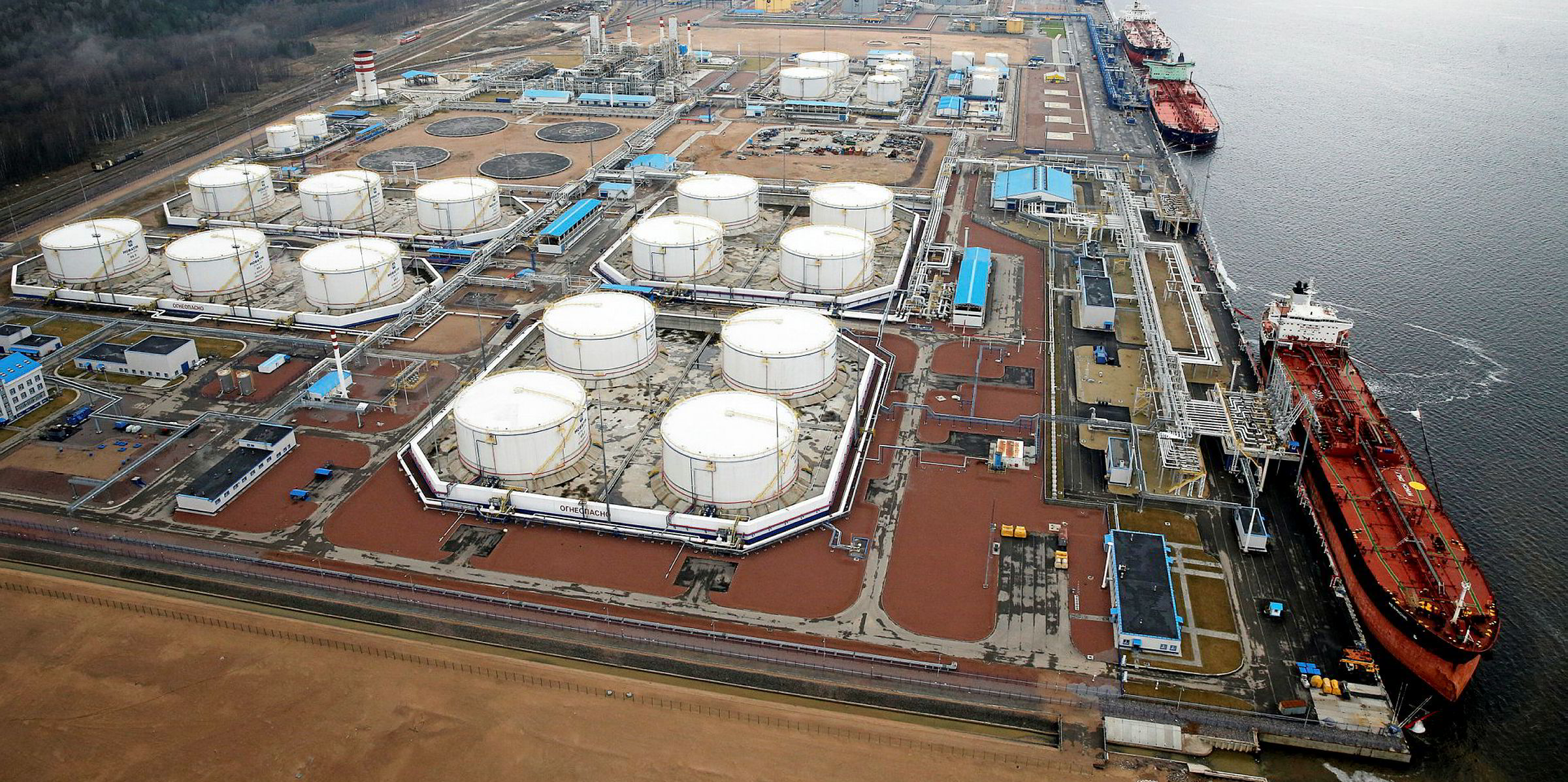
The trader claims it refused to take delivery of the cargo when the Searuby arrived and had thereby “rescinded” its contract with Glencore.
Commercial impact
As a result of Glencore’s alleged breaches, Socar Trading claims it has not received what it would have otherwise earned from the deal with Star Rafineri, and says it has been exposed to a potential claim for breach of its sale contract.
The $52.9m purchase price for the cargo had already been paid by Socar’s bank, Rabobank, under a letter of credit, which was provided to Glencore on 18 April, according to the court papers.
Socar is now seeking a refund of that payment, plus compensation for related losses.
Tanker in limbo
The Searuby has now been at anchor for more than a month — still fully laden — and its next moves remain unclear.
Glencore ordered it to sail from Aliaga into international waters on 13 May, where it has waited off the Greek islands of Lesbos and Chios since.
More civil claims over tainted Russian crude cargoes look likely to follow in the near future, as customers seek compensation for supply disruptions.
Transneft, which operates the Druzhba pipeline, has said it will compensate oil producers for their losses from the contaminated crude, but said losses sustained further down the supply chain should be resolved between oil firms and their customers, Reuters reported on 10 June.
Three million tonnes
Transneft has said it would compensate only Russian producers and compatriot pipeline companies, while Western buyers should seek compensation from Russian suppliers, according to Reuters.
Transneft reportedly estimates the volume of contaminated oil at three million tonnes.
Socar Trading’s claim was filed with the London Commercial Court on 29 May but has only recently been made publicly available. An outcome of the claim is awaited.
The trader is being represented by MFB Solicitors, who did not respond to TradeWinds' request for comment.
Glencore declined to comment when approached by TradeWinds.
Thenamaris said it does not comment on commercial matters.
